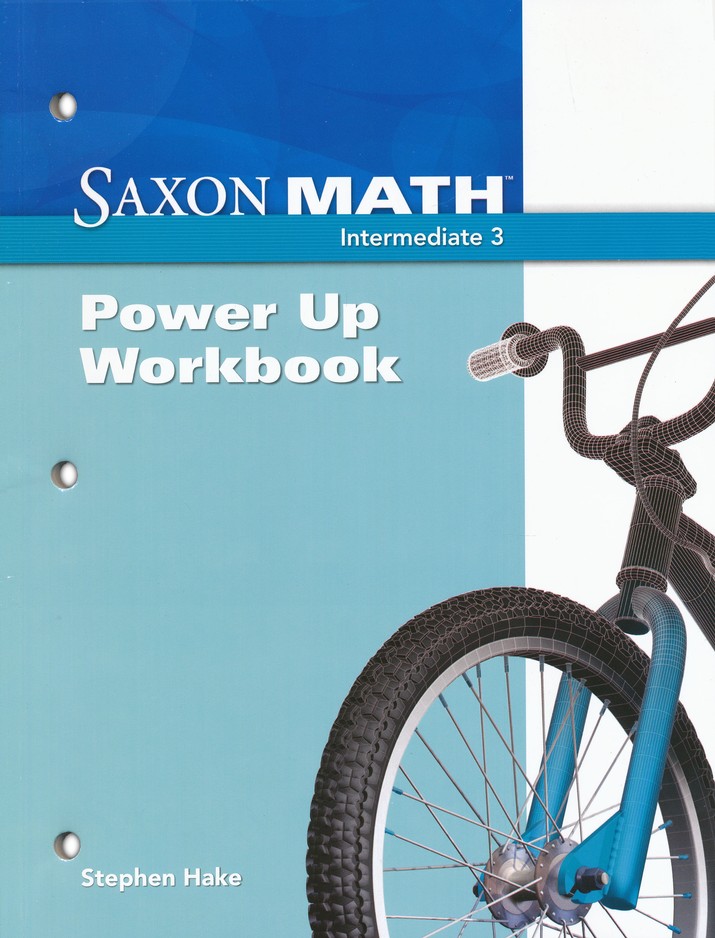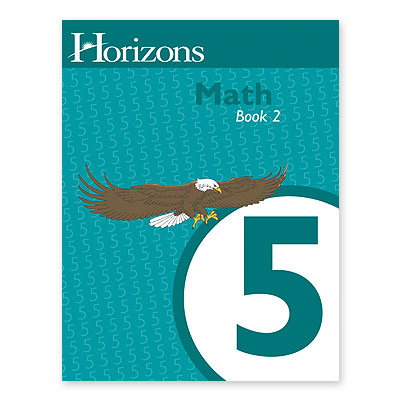Description
The Saxon Math Intermediate 3 Power Up Workbook serves as an essential companion to your homeschool math journey, providing the daily practice foundation that makes Saxon’s proven incremental approach so effective. This consumable workbook contains the structured exercises that help students transition smoothly from elementary arithmetic to more complex mathematical thinking, setting them up for success in Saxon Math 5/4 and beyond.
For homeschooling families who value thorough preparation and systematic skill building, this workbook offers the perfect balance of routine practice and intellectual challenge. Each page is designed to reinforce the mathematical concepts your student encounters in their textbook while building the mental agility and computational fluency that will serve them throughout their educational journey.
The Four Pillars of Daily Mathematical Growth
Facts Practice – Speed and Accuracy Combined
The Facts Practice section transforms basic arithmetic from a stumbling block into a launching pad for higher mathematics. These exercises are strategically designed for rapid completion, encouraging students to develop the automatic recall of math facts that characterizes mathematical fluency. For busy homeschool families, these short, focused drills can easily fit into morning routines or serve as excellent warm-up activities before diving into new concepts.
Homeschooling parents particularly appreciate how these exercises build confidence in students who may struggle with math anxiety. The quick-paced nature helps students experience immediate success, creating positive associations with mathematical practice that carry forward into more challenging work.
Jump Start Activities – Engaging Mathematical Warm-ups
The Jump Start section provides dynamic opening activities that activate mathematical thinking and prepare students’ minds for learning. These exercises might include counting patterns, simple clock reading, fact family exploration, or basic number recognition tasks. For families using multiple learning styles, these activities offer opportunities to incorporate movement, visual aids, or hands-on manipulatives.
Mental Math – Developing Mathematical Reasoning
Perhaps one of the most valuable components for homeschoolers, the Mental Math section develops the kind of mathematical thinking that serves students well beyond their formal education years. Teachers can read these problems aloud, making them perfect for family learning time or sibling group instruction. Alternatively, independent readers can work through these exercises on their own, developing both reading comprehension and mathematical reasoning simultaneously.
These problems teach students to think flexibly about numbers, estimate reasonably, and apply mathematical strategies in practical situations. For homeschooling families who emphasize real-world application, these exercises provide natural bridges between abstract concepts and everyday mathematical thinking.
Problem Solving – Strategic Thinking Development
The Problem Solving section goes beyond computation to develop the analytical thinking skills that distinguish mathematical students from mere calculators. These exercises teach students to identify what information they need, what questions to ask, and which strategies might prove most effective for different types of problems.
For homeschooling parents concerned about preparing their children for standardized tests or future academic challenges, this section provides invaluable practice in the kind of multi-step reasoning that appears on assessments and in advanced mathematics courses.
Practical Benefits for Homeschooling Families
Flexible Implementation
The three-hole-punched, perforated pages allow families to customize their approach based on their specific needs and teaching style. Some families prefer to keep the workbook intact for sequential use, while others remove pages to create individual lesson packets or to allow multiple children to work simultaneously on different sections.
Perfect for Multi-level Teaching
Homeschooling families with children at different levels will find this workbook particularly valuable. While one child works through Intermediate 3 Power Up exercises, younger siblings can benefit from exposure to mathematical language and concepts, while older children can serve as tutors or helpers, reinforcing their own mathematical understanding.
Independent Learning Support
As children progress through Intermediate 3, this workbook helps develop the independent work habits that will serve them well in higher mathematics. The clear format and consistent structure help students understand expectations and develop self-directed learning skills.
Assessment and Progress Monitoring
The daily exercises provide natural opportunities for ongoing assessment without the pressure of formal testing. Parents can quickly identify areas where students need additional support or concepts that have been thoroughly mastered.
Adapting the Workbook for Different Learning Styles
Visual Learners benefit from the clear layout and organized format of each page. The consistent structure helps these students understand expectations and process information systematically.
Auditory Learners particularly excel with the Mental Math sections, which can be presented as interactive discussions between parent and child. The Facts Practice sections can be adapted with rhythmic counting or musical patterns.
Kinesthetic Learners can use the workbook alongside manipulatives, especially during the Jump Start activities. Parents might encourage these students to work standing up or use finger counting during mental math exercises.
Integration with Your Homeschool Routine
This workbook works beautifully as a morning routine starter, helping students transition into “school mode” with manageable, confidence-building exercises. Many families find that completing one page serves as an effective warm-up before tackling more challenging mathematical concepts.
For families following the Charlotte Mason method or other educational philosophies emphasizing short lessons, the Power Up exercises align perfectly with the principle of focused, intensive work periods. The varied activities help maintain student engagement while systematically building mathematical competence.
Long-term Educational Value
The skills developed through consistent use of this workbook extend far beyond third-grade mathematics. The mental math strategies, problem-solving approaches, and computational fluency established during this level provide the foundation for success in algebra, geometry, and advanced mathematics courses.
Students who master the approaches taught in Saxon Intermediate 3 consistently demonstrate superior performance on standardized assessments and show greater confidence when facing new mathematical challenges in higher grades.
Important Considerations for Purchase
While this workbook provides exceptional value for mathematical education, families should note that no answer key is currently available. However, most homeschooling parents find the problems straightforward enough to check without additional support, and this limitation actually encourages parent-student mathematical discussions that enhance learning.
The consumable nature of this workbook means each student will need their own copy, but the reasonable price point makes this investment accessible for most homeschooling families.
Educational Attributes
Grade Level: 3
Subject: Mathematics
Skill Level: Intermediate (transitioning to Saxon Math 5/4)
Learning Style: Multi-modal (visual, auditory, kinesthetic)
Educational Approach: Incremental development with spiral review
Curriculum Type: Traditional/Classical approach to mathematics education
Practical Attributes
Page Count: 110 pages
Lesson Count: Coordinates with 110 lessons in Saxon Intermediate 3 textbook
Estimated Completion Time: 10-15 minutes per page as part of daily lesson
Answer Key Included: No
Content/Scope Attributes
Topics Covered: Math facts practice, mental mathematics, problem-solving strategies, computational fluency development
Real-world Applications: Money problems, time telling, measurement concepts, basic data analysis
Format/Usability Attributes
Format: Consumable workbook
Reproducible: No (consumable pages designed for single use)
Special Features
Three-hole-punched and perforated pages for flexible organization and easy removal; designed to coordinate specifically with Saxon Intermediate 3 textbook lessons; emphasizes development of mental math skills and computational fluency; progressive difficulty that builds confidence while challenging students appropriately.





Reviews
There are no reviews yet.